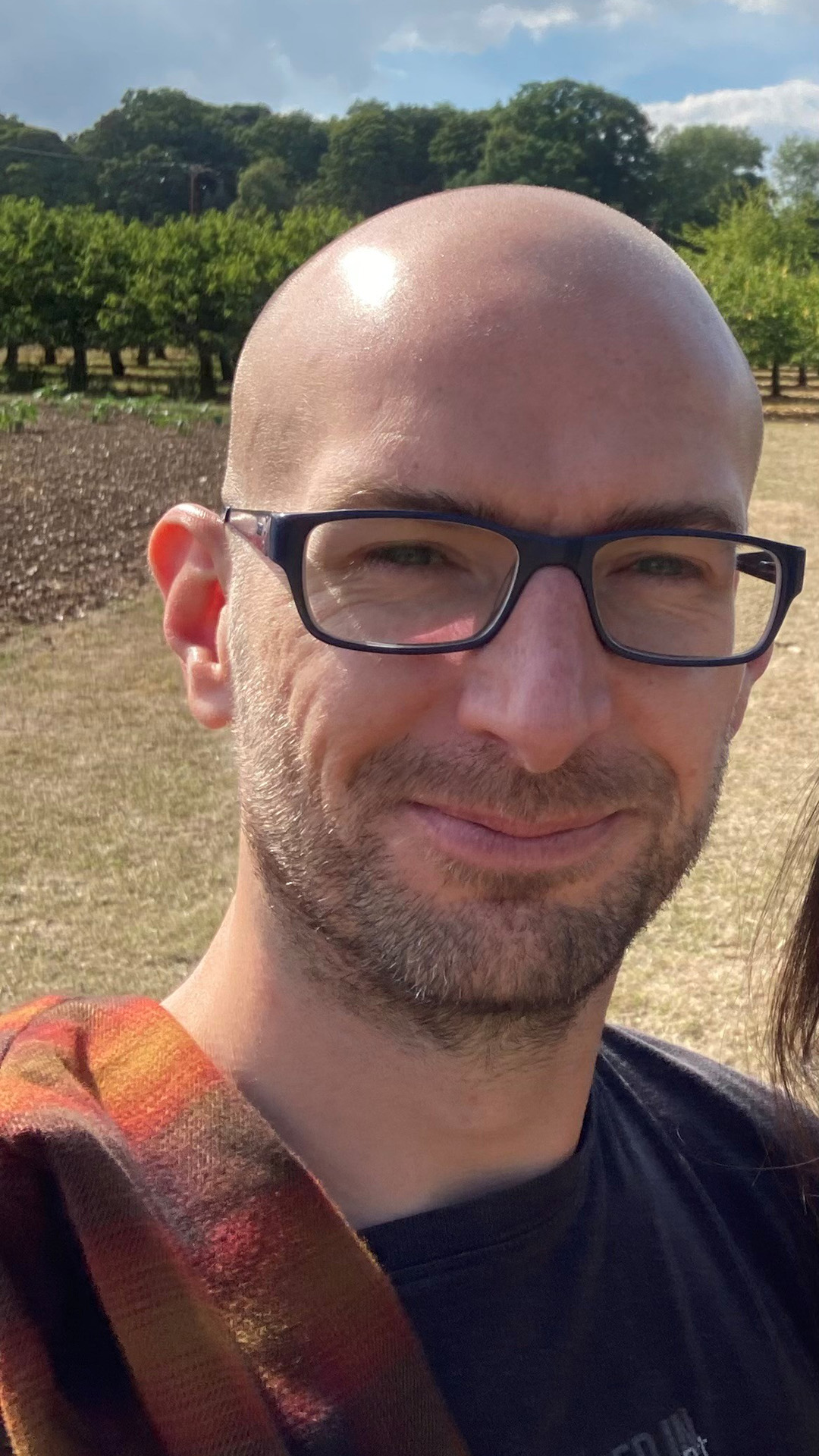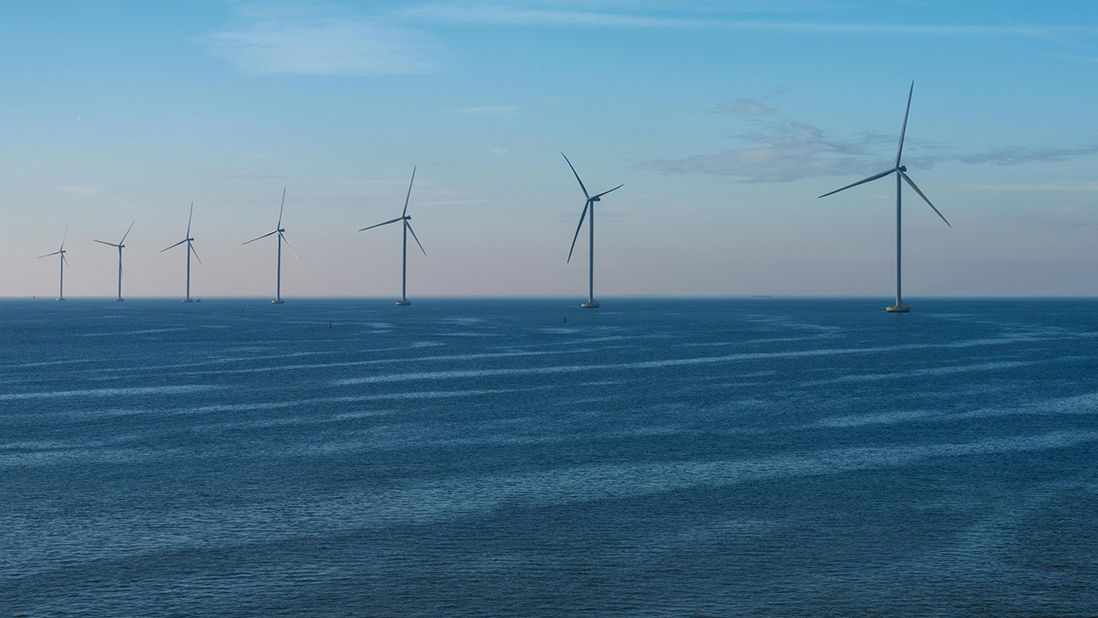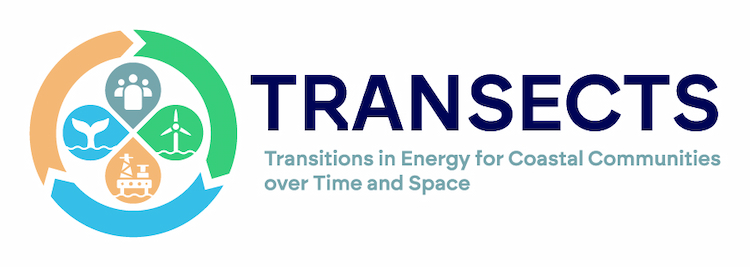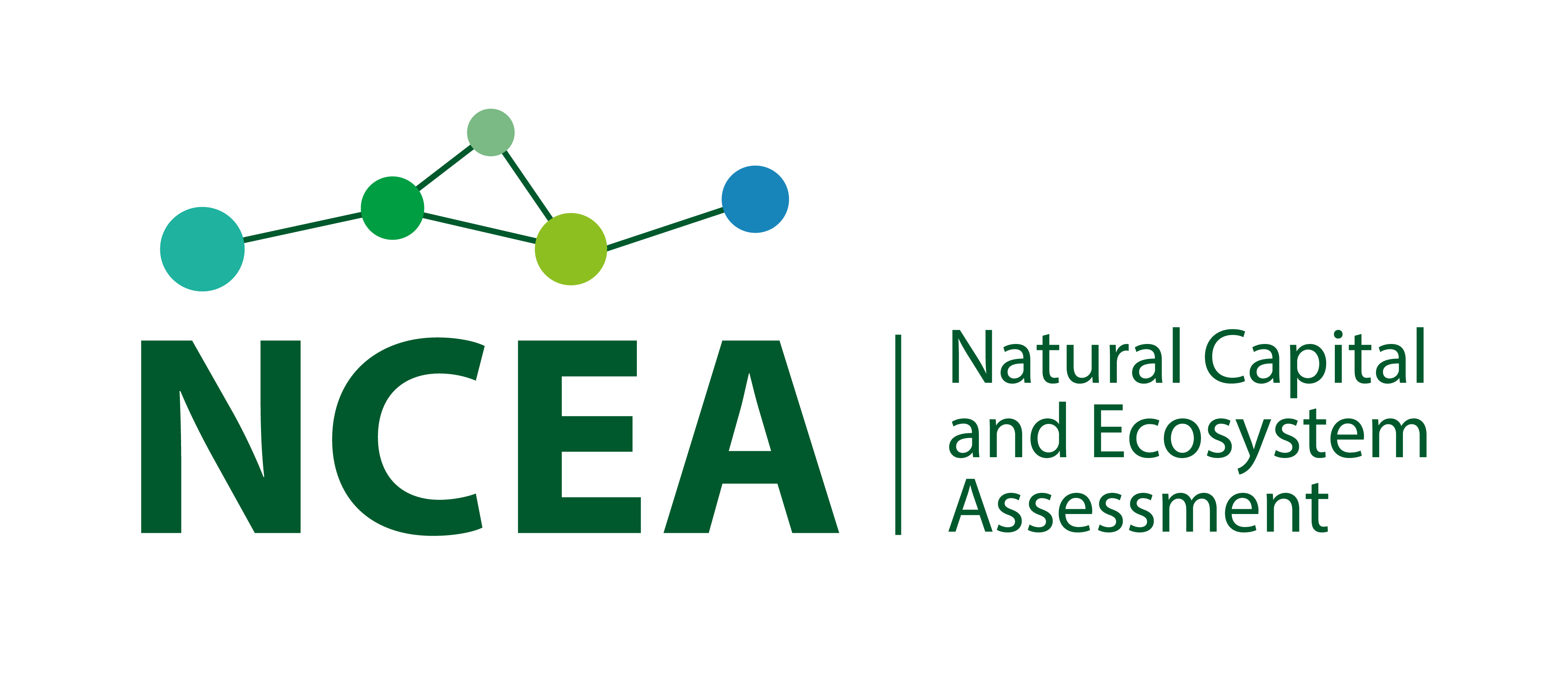Dr Jack Sheehy is a postdoctoral research associate with the TRANSECTS project – TRANSitions In Energy For Coastal Communities Over Time And Space. This project aims to assess how marine energy transitions (across whaling, oil and gas, and renewables) impact communities.

Tell us about yourself and your project
My academic and work background is in marine biology and ecology which later expanded to include more economic and social perspectives; my research interests are now centred around an integrated eco-social-economics approach. I joined the TRANSECTS project earlier this year, am based in Heriot-Watt University in Edinburgh, and lead the ecologic and economic assessments of natural capital in Work Package 2.
My role in the project is to support evaluation and valuation of marine resources, how these have been (and still are) impacted by marine energy transitions, and how this can inform communities to support sustainable, equitable, and ethical decision making.
What will you be doing as part of the TRANSECTS project?
I will be doing lots of data nerd stuff! First, I will conceptualise how marine natural capital creates ecosystem services and benefits to communities; this may include, for example, how the sea stores carbon and helps mitigate climate change. Then, I will assess the scale and scope of how marine energy has been used over time for three study areas: Orkney, the East Coast of Scotland, and the Humber. This will include assessments of the benefits and disbenefits of each marine energy use and how they differentially impact economics, ecology, and society.
I will do this through analysis of spatial data to identify relationships between marine energy and other services provided by the sea such as supporting sustainable fisheries, carbon regulation, biodiversity, and their associated benefits and values. Finally, I will assess how the benefits and disbenefits of each marine energy transition can help decision-making and support community resilience across economic, ecologic, and social dimensions
What did you do before joining the TRANSECTS project?
I have a varied work background, including as a scuba diving instructor for several years. Of most relevance to my input into TRANSECTS, however, is my academic background which comprises an MSc in marine renewable energy, and a PhD in blue carbon. I currently have five published papers from that PhD exploring cetacean ecosystem services, the broader concept of blue carbon and its use in policy, technical data papers, and a predictive modelling paper on blue carbon resources in Orkney.
My work background includes general management, working in marine renewable energy consultancy, and most recently I was working at the Zoological Society of London (ZSL) as the Blue Finance Specialist supporting conservation projects around the world. This included a range of responsibilities such as project management, mentorship, finance analysis, conservation finance, and a range eco-social-economic research.
What excites you about the TRANSECTS project?
My research interests are centred around the integration of economic, ecologic, and societal perspectives. The TRANSECTS project is likewise framed with an inter or trans disciplinary approach and brings together a whole range of different expertise that I can learn from. In the project I also get to focus on research with large spatial data, and use these data to assess relationships between different aspects of natural capital, ecosystem services, and their benefits and values in society.
I also love that the project aims to look at historical data and energy use to then inform future development, how these have (and will) change over space and time, and how these impact communities. Finally, this broad range of project aspects and perspectives means that the project can create meaningful change and impact in the world and support my personal and career goals to support mitigation of biodiversity loss and climate change.















